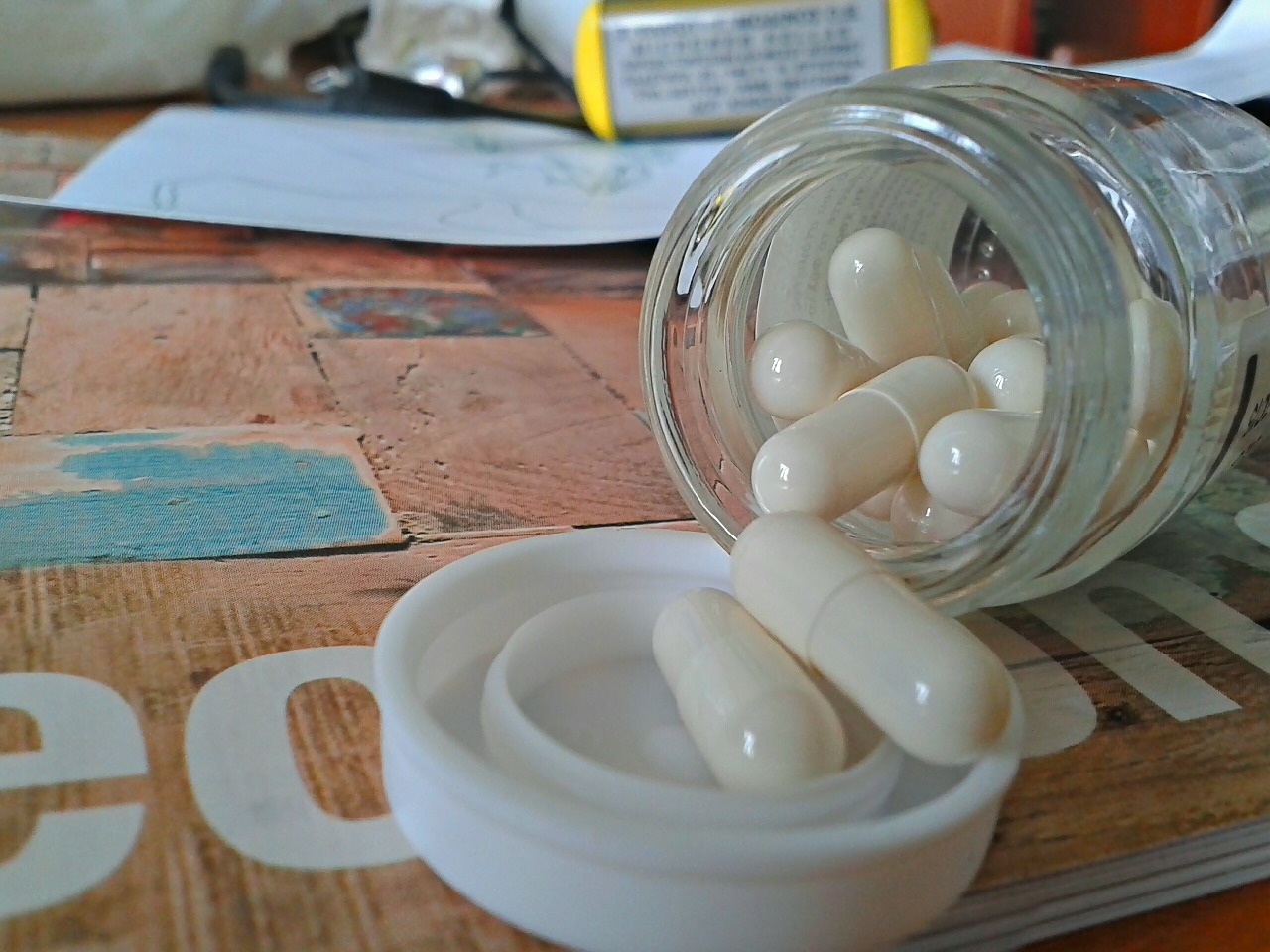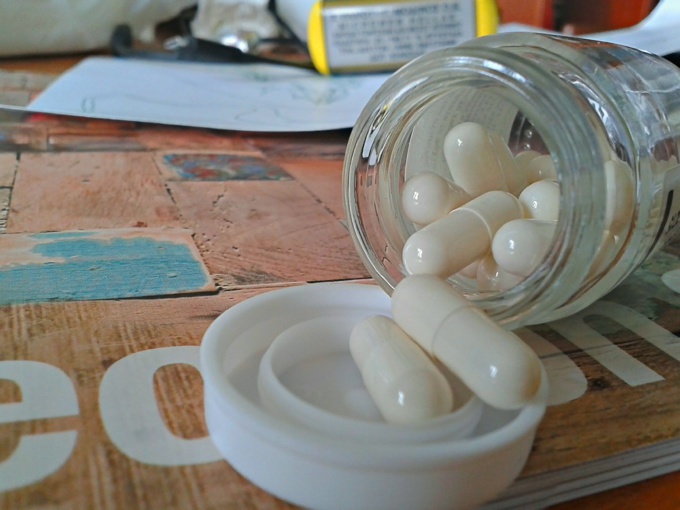AbbVie will pay the Irish company $ 63 billion, or $ 188 per share in cash and its own shares, which is 45% more than the closing price for Allergan securities on Monday evening. This was reported in the company’s statement.
It is also noted that after the transaction AbbVie will continue to remain registered in the United States and have headquarters there. This moment gives the deal’s participants hope that it will be approved by the American regulators, who blocked the Pfizer-Allergan deal three years ago. Back in 2015, Pfizer offered $ 150 billion for Allergan, and the Irish accepted the offer. However, after a few months, the deal fell through because of the position of American regulators. They did not like the fact that after the merger, Pfizer was going to move its headquarters to Ireland in order to leave the American taxation system and pay lower Irish taxes.
Such mergers are called inverse. They became quite popular in the United States in 2013, after which the United States Treasury Department developed new rules that prevent inverse transactions. Actually Allergan itself changed its registration as a result of the same inverse merger: in November 2014, the Irish generic manufacturer Actavis bought the then American Allergan for $ 66 billion. After that, Actavis took the name of the purchased company, which allowed Allergan to become an Irish company and save a lot on taxes.
However, after the collapse of the merger with Pfizer, the newly minted Irish Allergan received $ 400 million as a penalty. By now its shares have fallen in price by half, including due to the lack of new breakthrough drugs. AbbVie is facing similar problems. The patent for the exclusive sale of the drug for the treatment of arthritis Humira (annual sales about $ 20 billion) expired in the EU at the end of last year. Now the company has to compete with the generic manufacturers of this drug in Europe. In the US, the Humira patent expires in 2023, and since there’s no new revolutionary developments, this threatens AbbVie with a sharp decline in profits.
In addition, in recent years, some shareholders of Allergan have demanded that the company be divided completely, which could significantly reduce the chances of selling the entire business. In an interview with CNBC, Maxim Jacobs, director of North American market research at Edison Investment Research, noted that the deal gives AbbVie a number of assets at a reasonable price to diversify. "In exchange, Allergan shareholders receive a good premium for their shares, which have recently become prohibitively cheap," the expert said.
source: cnbc.com
It is also noted that after the transaction AbbVie will continue to remain registered in the United States and have headquarters there. This moment gives the deal’s participants hope that it will be approved by the American regulators, who blocked the Pfizer-Allergan deal three years ago. Back in 2015, Pfizer offered $ 150 billion for Allergan, and the Irish accepted the offer. However, after a few months, the deal fell through because of the position of American regulators. They did not like the fact that after the merger, Pfizer was going to move its headquarters to Ireland in order to leave the American taxation system and pay lower Irish taxes.
Such mergers are called inverse. They became quite popular in the United States in 2013, after which the United States Treasury Department developed new rules that prevent inverse transactions. Actually Allergan itself changed its registration as a result of the same inverse merger: in November 2014, the Irish generic manufacturer Actavis bought the then American Allergan for $ 66 billion. After that, Actavis took the name of the purchased company, which allowed Allergan to become an Irish company and save a lot on taxes.
However, after the collapse of the merger with Pfizer, the newly minted Irish Allergan received $ 400 million as a penalty. By now its shares have fallen in price by half, including due to the lack of new breakthrough drugs. AbbVie is facing similar problems. The patent for the exclusive sale of the drug for the treatment of arthritis Humira (annual sales about $ 20 billion) expired in the EU at the end of last year. Now the company has to compete with the generic manufacturers of this drug in Europe. In the US, the Humira patent expires in 2023, and since there’s no new revolutionary developments, this threatens AbbVie with a sharp decline in profits.
In addition, in recent years, some shareholders of Allergan have demanded that the company be divided completely, which could significantly reduce the chances of selling the entire business. In an interview with CNBC, Maxim Jacobs, director of North American market research at Edison Investment Research, noted that the deal gives AbbVie a number of assets at a reasonable price to diversify. "In exchange, Allergan shareholders receive a good premium for their shares, which have recently become prohibitively cheap," the expert said.
source: cnbc.com



















